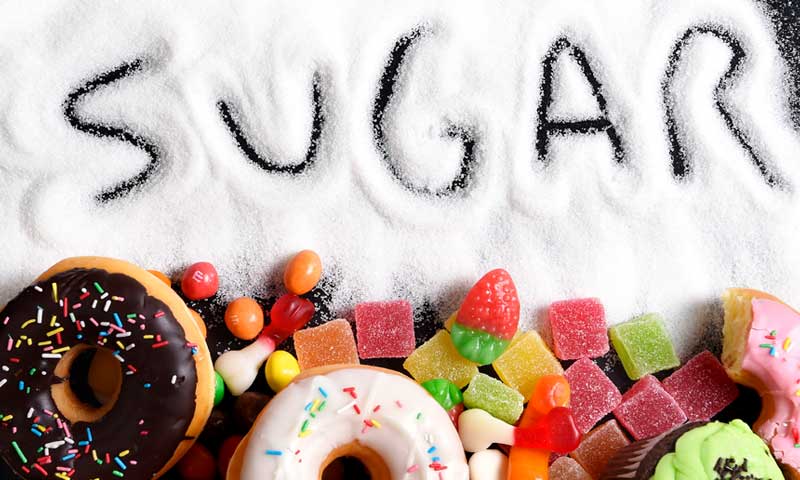People are always looking for ways to replace sugar with something else, but rarely does this quest end successfully. This is partly because sugar is included in almost all processed foods.
It is also because sugar is such an addictive substance. But fret no more, we’re letting you in on the top sugar substitutes that will have you kicking your sugar addiction to the curb.
Before we get into which substitutes to add to your morning coffee, let’s go over why sugar is bad for the health of our bodies.
Why is Sugar Bad for Our Bodies?
You might have heard the saying “everything in moderation” before. Well, the same applies to our sugar intake, specifically added sugar. A balanced sugar intake isn’t necessarily life-threatening. However, an excess amount of added sugars can lead to serious health issues.
Drinking a lot of sugary beverages is linked to having a higher risk of developing diabetes and heart disease.
A high sugar intake can also lead to accumulation of visceral fat, which is fat that is inside your abdominal cavity. Visceral fat is linked to both obesity and high blood pressure.
Lastly, a high sugar intake can cause inflammation in our bodies. This leads to health conditions like acne, immune system issues, and arthritis. The American Heart Association (AHA) suggests an added-sugar limit of no more than 100 calories per day (about 6 teaspoons or 24 grams of sugar) for most women and no more than 150 calories per day (about 9 teaspoons or 36 grams of sugar) for most men.
8 Tasty Sugar Substitutes
Stevia

Once aspartame was outed for its cancer-causing properties, people needed a substitute. Suddenly, stevia was the name of the game. Stevia comes in many forms, but one of the most popular forms is like that of table sugar.
This all-natural sugar substitute can be used in baking or straight from the sugar bowl into your morning coffee. Stevia comes from the stevia plant, which means this zero-calorie sweetener can be grown in your herb garden.
Honey

Saving the bees is a popular movement that has many people beekeeping in their own backyard. While there are many money-making opportunities in beekeeping, one of the great advantages is the honey!
This naturally-sourced sweetener tastes great, and if you don’t want to add beekeeping to your hobby list, you can get it at the grocery store.
Applesauce
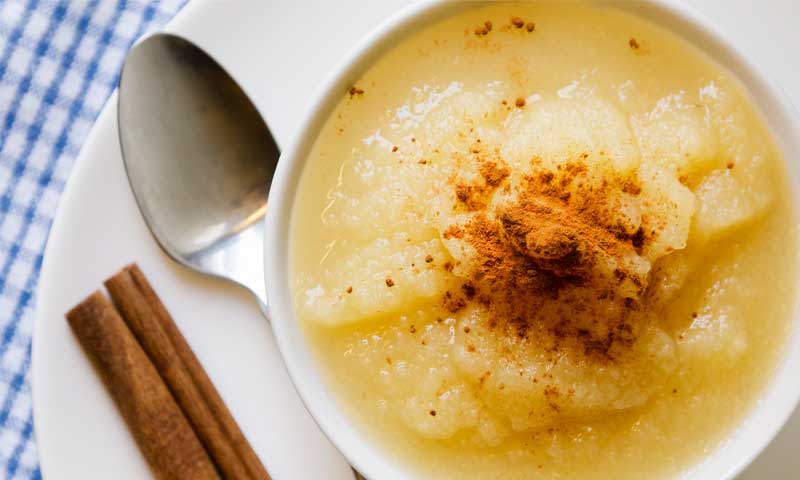
Apples are a local treasure simply for their delectable flavor in their whole form. But you can also use applesauce as a sweetener in baking recipes. This allows your sweet treats to have some healthy additions.
It could give some credence to your argument that your brownies are a healthy treat. Applesauce can also be used as a fat substitute.
Maple Syrup
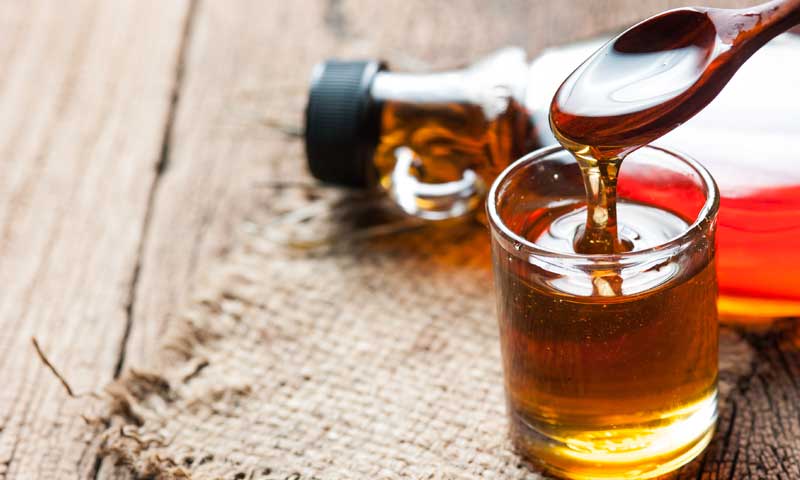
The northeast is famous for its all-natural maple syrup, which transcends any processed imposters on grocery store shelves. It is well-known as a topping for waffles, pancakes, and French toast.
It can also be used as a sugar substitute in many recipes. Maple syrup contains many nutrients and is a healthier alternative to table sugar.
Licorice
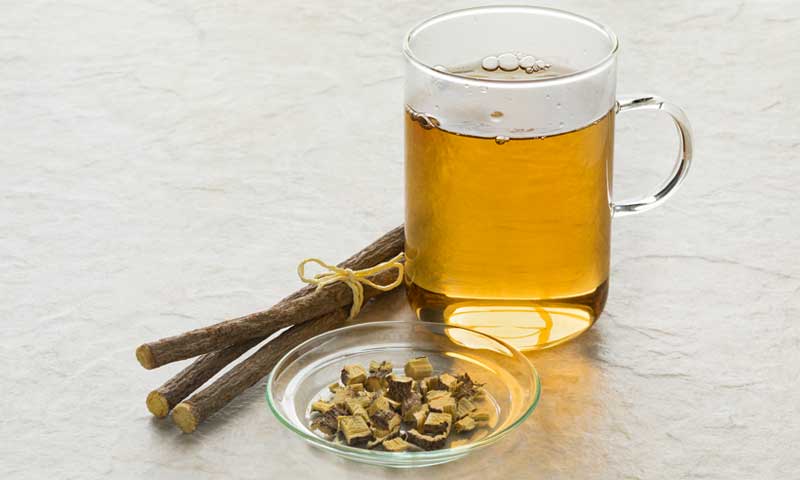
Licorice root extract is a zero-calorie sweetener and can be purchased in powder form. If you don’t know licorice flavor, it can be strong. You either like it, or you don’t.
This makes it a no-go for many people, but those who like it can add it to candies and treats that will benefit from a little licorice flair.
Berries

Blackberries, strawberries, and blueberries can be found near your own home if you live in the northeast. This means that you can naturally AND locally source these fruits as a sweetener to be added to baking recipes, plain yogurt, and cereal.
Add it to water to add a flavor infusion or grind it up and make jam for your toast. There are many possibilities when you are using berries to sweeten your meal.
Raisins
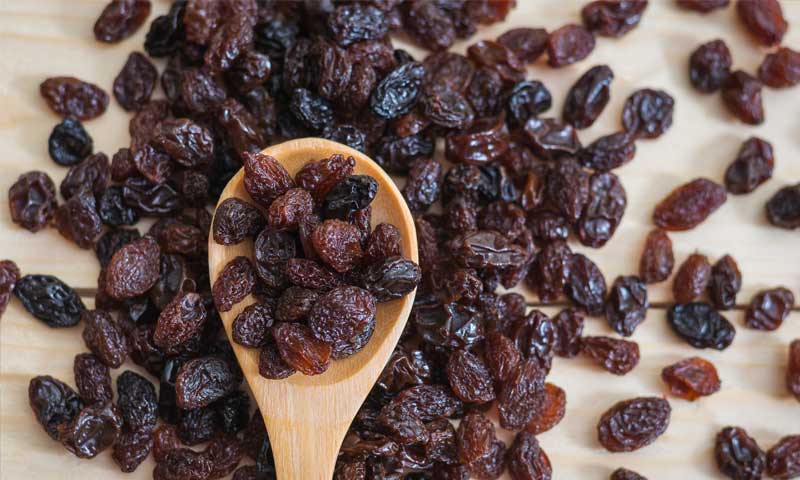
Raisins aren’t just for oatmeal cookies. These tasty little morsels can be added to many savory and sweet recipes for a sugar alternative that is high in fiber. If you have a sweet tooth that needs to be satisfied, they can be eaten plain as a mid-afternoon snack.
Raisins are dried grapes, so they can be locally grown. They are also available at any major grocery store.
Fruit Purée
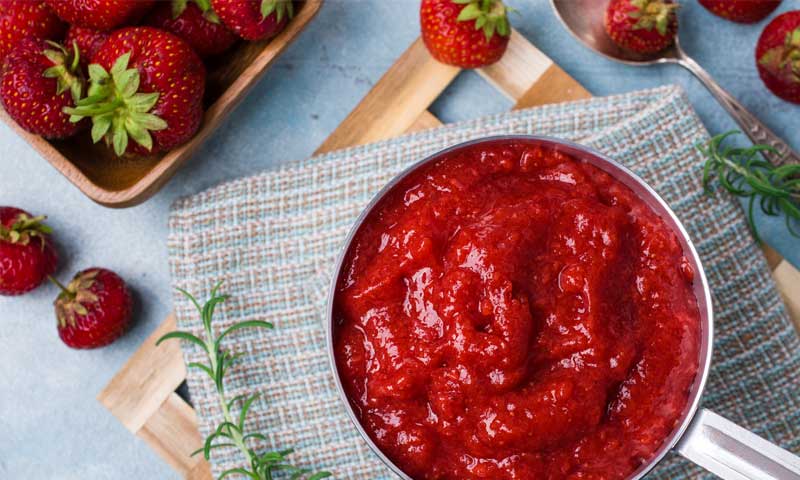
Much like berries, multiple fruits can be puréed to be used as a sugar substitute. Apricots, peaches, plums, rhubarb, and cherries can be cooked down, blended, and strained for a smooth, sweet liquid that can serve many purposes as a sweetener.
These purées can be added to drinks or be flavor enhancers in multiple dishes. The complexity that fruit adds can elevate your entire dish.
You Don’t Need Sugar to Make It Sweet
As you can see, there are many ways to make things sweet without resorting to over-processed, decolorized, granules of sugar that are irrefutably bad for your health.
Not all the options take away health risks, but any time you can go natural, there’s sure to be a benefit. Consider the eight options above when you are looking for sugar substitutes. You’re likely to love at least one of them.

